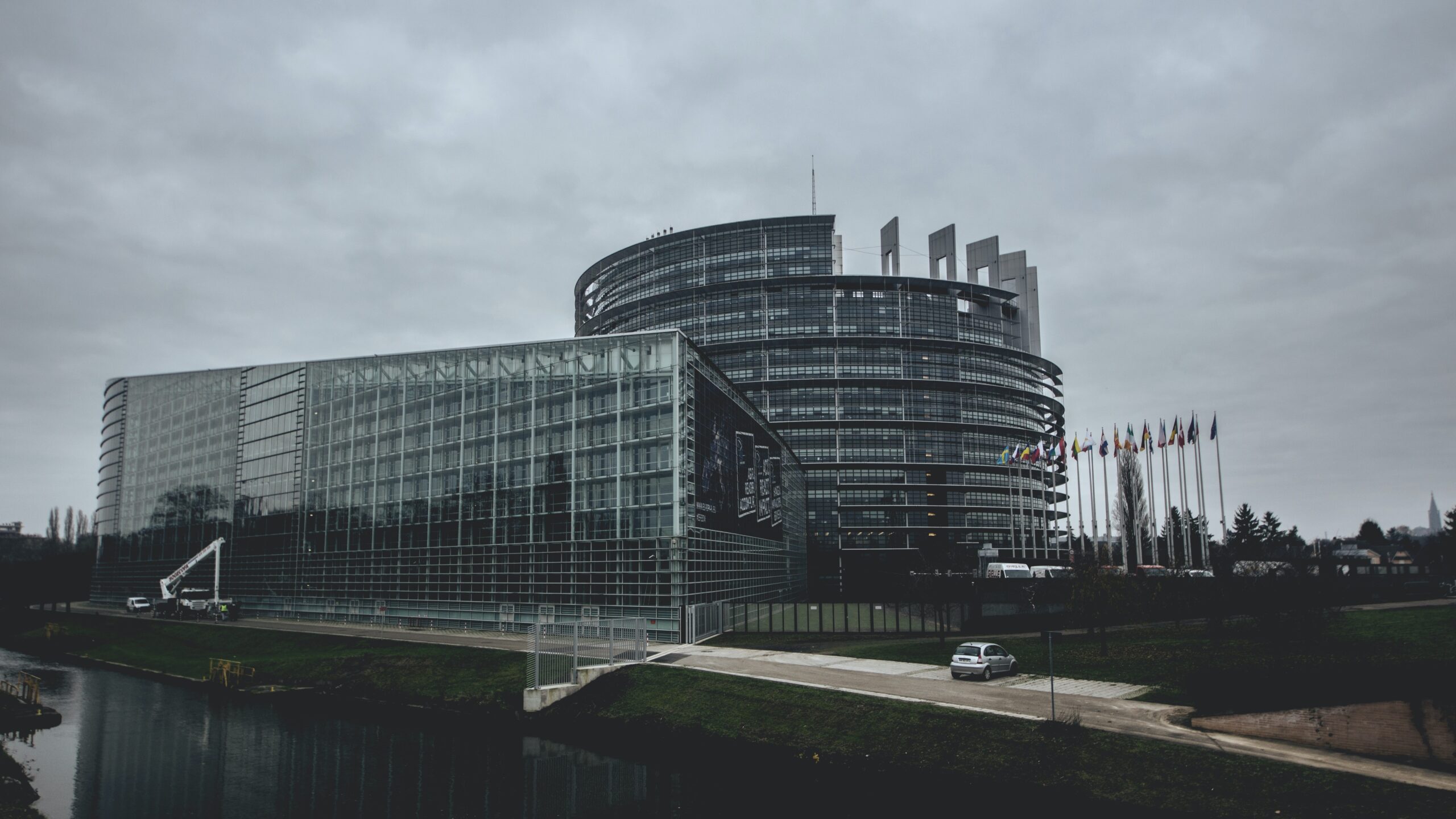
European Election 2024: the legacy of the ninth European legislature
Giancarlo Vilella | 6 July 2023 | Issue 3/2023
With one year remaining before the 2024 European elections, it is useful to try to appreciate what legacy will be left by the ninth legislature, which on close inspection appears to be truly exceptional. During the current legislature there has been a change in the European Union which has cast light on its capacity to take strong, courageous and highly innovative decisions. Also its ability to impose itself as a determined legislator. The article examines some important aspects in this respect and points to new avenues of research.
Read More
Challenges and opportunities for the European Union: a step forward
Giancarlo Vilella | 14 October 2022 | Issue 4/2022
This paper analyses how interventions of the EU represent both challenges and opportunities: on the future of Europe, the rule of law, the economy, digitalisation. The appraisal takes account of the consequences of the war in Ukraine, which have influenced those interventions: indeed, the consequences of the war come on top of the demands of the Conference as far as the future of Europe is concerned, are superadded to the anti-Covid actions as far as the growth of the economy is concerned, and make the process of securing the digital sovereignty of the Union more urgent. In closing, the article puts forward a number of reflections, in particular it is asked whether in this new context the EU is emerging as a political actor, whether it has the ambitions consonant with its development, whether it can succeed in governing the profound social changes necessitated by digitalisation and, lastly, whether it continues to be a bulwark for the defence of democracy.
Read More
Belgian pandemic law and European HERA: legality and efficiency in the Covid emergency
Giancarlo Vilella | 21 April 2022 | Issue 2/2022
This contribution analyses two different approaches in responding to the pandemic emergency. The author focuses on the 'Pandemic Law' adopted by Belgium to ensure a comprehensive legal framework for administrative action against the pandemic. He then analyses the creation of a new administrative authority within the European Union.
Read More
Second half of the ninth legislature: challenges and potential opportunities for the European Union
Giancarlo Vilella | 8 September 2021 | Issue 3/2021
When the European Union will come back after the summer break (la rentrée) in September 2021, the second half of the ninth legislature will begin, along with the second half of the term of office of the European Commission presided over by Ursula von der Leyen: the challenges are huge and the projects and unfinished business under way are numerous and complex and all the European institutions are being called upon to cope with a situation which is admittedly delicate yet full of stimuli and potential. First of all, the Conference on the Future of Europe must be brought to a successful conclusion: here not only is the Union’s credibility at stake but also the question of its ability to keep a steady hand on the tiller in the years ahead. At the same time, but still closely linked to the Conference, there is the question of defending the founding values of the Union, in particular the rule of law and non-discrimination, which are the subject of disputes with some States. Then there is the need to get the Next Generation EU operation - one of the most important political and economic initiatives in the continent’s history - off on the right track and, with it, get Europe out of the pandemic crisis, which has a variety of aspects in addition to the obvious one of health. The next few years will also be decisive for assessing the validity and solidity of the agreement on Brexit, which is as sensitive as the pressures on free movement brought about by emergencies. Lastly, there is the immense construction site of digitalisation with its various themes (artificial intelligence, Digital Service, teleworking, cybersecurity). It is therefore worth quickly taking stock of where we stand.
Read More
Work and information technology. Notes on the vote of confidence in the Draghi government
Giancarlo Vilella | 2 April 2021 | Issue 2/2021
The Draghi government has taken office at a time when the labour market, characterised by the decisive influence of information technologies and a high degree of mobility, is undergoing great changes. The emergence of the pandemic, which had been underway for almost a year when the Draghi government was sworn in, has hit the labour market with the destruction of jobs and the failure to create new ones, while at the same time accentuating the disruptive processes underway (IT, mobility). The phenomenon is supranational, and the European Union is acting on two levels: facing up to the emergency (SURE, Youth initiative, EU Next Generation, etc.) and intervening on the basis of a strategy focused on investment in information technologies. It is these technologies which are changing production processes and how trades and professions are carried out, reshaping the labour market while making it necessary for workers to upskill and have IT profiles and creating a strong asymmetry between workers and their employment prospects. The Premier’s speech and the government’s programme are taking this problem into account: on the one hand, they have announced reforms of the assegno di riallocazione reallocation allowance and of job centres, on the other hand, they are talking about strengthening infrastructure (broadband, 5G) and the transversality of the Digital Transition. All of which seems appropriate. The hope is that all this will be done in the European strategic context and that the employment market becomes the omnipresent pivot of the transversal transition.
Read More
Managing in times of crisis : the case of the European Parliament
Giancarlo Vilella | 27 January 2021 | Issue 1/2021
The essential points of the reasoning developed in this article are: Covid-19 has brought to the fore the role played by the administration as a bridge in the (conflictual) confrontation between the power of science and political power; the health emergency has cast light on the importance of the functioning of parliamentary institutions for the defence of democracy because the executive branch (objectively) gets the upper hand. The administration of the European Parliament is a very interesting case study in this respect because it has succeeded in coping with the emergency thanks to several factors; EPA implemented a programme of structural digitisation of the European Parliament in recent years. Finally, EPA worked for activating an administrative capacity to manage the “unprecedented measures” that had to be adopted: this capacity was achieved by carrying out the actions within the strict framework of the governance of the European Parliament and under its permanent scrutiny.
Read More
Parliamentary democracy facing Coronavirus by (also) technologies
Giancarlo Vilella | 28 March 2020 | Issue 1/2020
Among its many effects, the Covid-19 health emergency has put the functioning of democratic institutions under an unusual pressure. Parliaments are forced to give the executive branch powers to deal with the exceptional situation the virus has created. If proper balancing measures are not taken, there are risks for democracy in the near future. The article examines how the EU Parliament has faced this challenge, both from a legal point of view, and the technological solutions that have been implemented. The aim is to provide a relevant example for future developments.
Read More